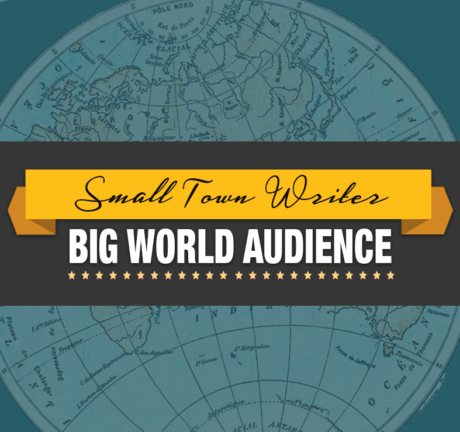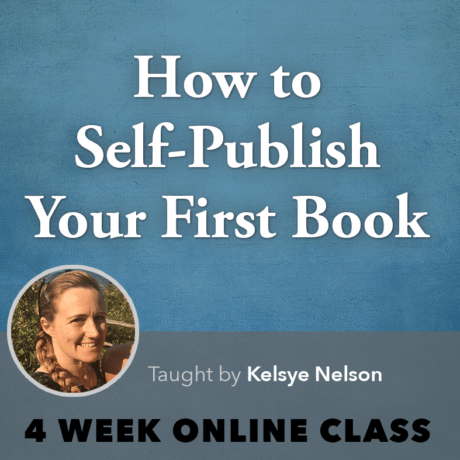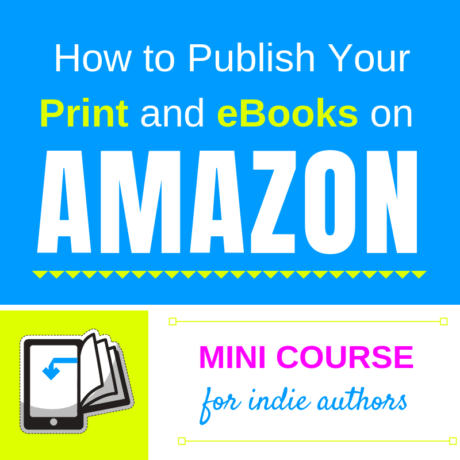

Hours of mindless scrolling and reading can be useful, after all!
Most of us use our phone whenever our schedule allows a little time to breathe. From WhatsApp to Instagram to Twitter to Facebook, we’re stuck in an endless loop of scrolling, an endless succession of posts.
We look at memes and laugh out loud. We read short captions under stunning Instagram posts, or scroll through Pinterest. We get into Twitter arguments or scroll past all the drama, too exhausted to contribute our two cents .
While our drafts lay abandoned.
How often have we stared at the blank screen ahead of us, unable to think of anything to write? How often have we googled “writing ideas” or “how to get out of writer’s block”?
But have you ever considered that, perhaps, the hobby that consumes so much of your time — mindless scrolling — could give you the inspiration you need?
Some time ago, I realized I was inadvertently drafting stories on Medium using some random Instagram posts I’d seen. Or Pinterest boards I’d read for fun. Or Twitter threads. I would read some mildly interesting short post, and if it intrigued me, I’d research the topic—and write about it.
Follow Topics You Like
In every social medium, we’re given a choice of topics. Instead of cluttering up your feed, allow only those that genuinely intrigue you.
It’s easy to get distracted. It’s easy to click that post that appeared out of nowhere, and get lost in useless information.
The trick is to stick to what really interests you. If you’re following writing topics, or history, or science or literature — or many at once — then posts you see likely fall into one of those categories. The Instagram algorithm, for instance, is remarkably good at identifying what to show you based on your past activity. Make maximum use of it. The more you look up writing tips, the more writing tips you’ll get fed.
Make a List of Keywords and Phrases
From the secret lives of authors to the formation of the largest black holes, my feed is cluttered with random knowledge about almost everything. Whenever I come across something particularly intriguing, I jot it down for later reference. Sometimes it’s just a word—such as “gobbledegook” — but sometimes it’s a whole sentence, or paragraph. Anything I find even mildly interesting finds a place in my Notes.
And when I’m running out of writing ideas, those random words and sentences have helped me create articles that I have truly enjoyed writing.
Do Your Own Research
Since social media posts are generally short and straight to the point, you need to do additional research on the subject. If I were to write about how the cosmos is not a void of silence based solely on something posted by NASA on its Facebook page, I would not be creating my own work. I need to find the “how,” “why” and “what” of it, and then assemble that knowledge and write in a way my readers understand.
Pinterest boards, too, can come in handy. If you’re to write about easy ways to decorate your room using recycled products, you will not only be bombarded with a variety of ideas, but also by some stunning and minimalistic pictures.
There’s an important thing you must bear in mind, though: Beware of plagiarism. There’s a fine difference between plagiarizing and taking inspiration. If you’re taking a lot of inspiration from a single post, don’t forget to give credit to the original author.
So the next time you find yourself scrolling mindlessly through social media, make sure you write down whatever intrigues you. One day, when a blank screen sits there empty, you can turn random ideas into articles truly worth reading.







0 responses on "How a Useless Hobby Can Give You Writing Ideas"